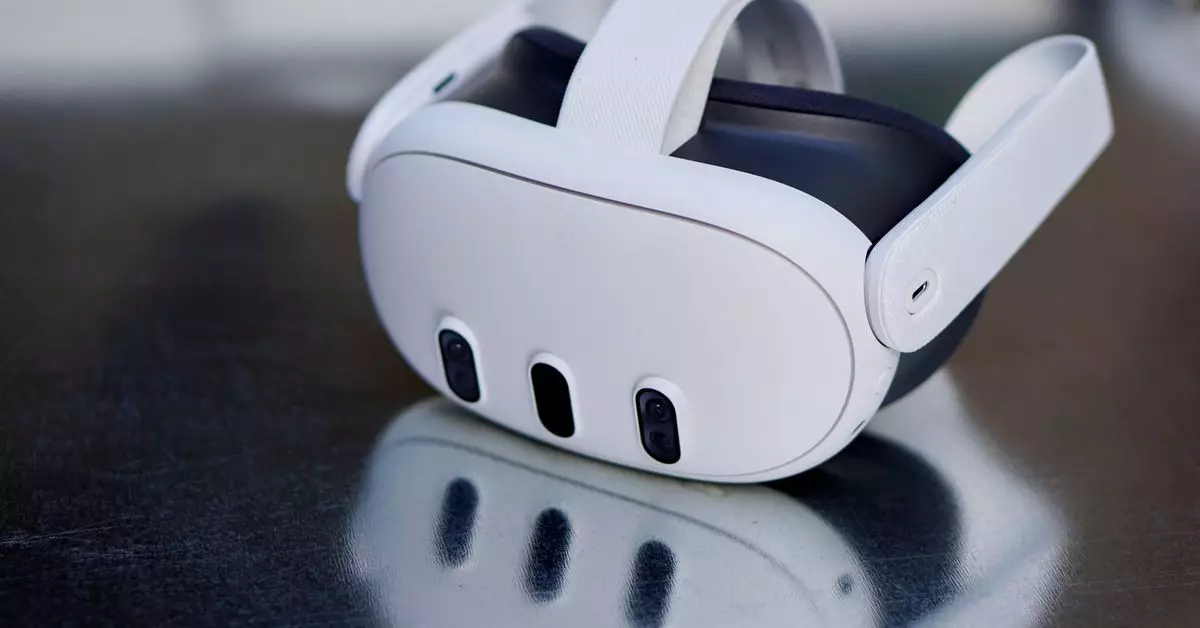Meta’s decision to cancel the development of the La Jolla headset was primarily driven by the use of pricey MicroOLED displays. The company aimed to keep the cost of the headset under $1,000, but the high production costs of MicroOLED made this goal increasingly difficult to achieve. This move indicates that Meta may be reconsidering its strategy regarding premium VR offerings.
The failure of the Apple Vision Pro, priced at $3,500, to gain traction with customers and developers raised doubts about the demand for a high-end mixed reality headset. Additionally, the poorly reviewed Quest Pro, launched at $1,499, quickly faded from the market. These factors suggest that there may not be sufficient consumer interest in high-priced VR devices, further complicating Meta’s decision-making process.
Despite the cancellation of the La Jolla headset, Meta’s Chief Technology Officer, Andrew Bosworth, attempted to downplay the significance of the decision. He stated that the company continuously develops prototypes, but not all of them make it to production. This response raises questions about Meta’s long-term strategy in the VR market and their ability to deliver innovative and competitive products.
Although Meta has abandoned the high-end mixed reality headset project, the company still has plans for future headsets and mixed reality technology. Reports suggest that a more affordable Quest headset, codenamed Ventura, may be released later this year. Additionally, Meta is expected to showcase new AR glasses at the upcoming Meta Connect event. Rumors also indicate the development of a standard and premium version of the Quest 4, slated for release in 2026.
Meta’s decision to cancel the La Jolla headset highlights the challenges faced by companies in the competitive VR market. The high costs of advanced display technologies, coupled with uncertain consumer demand, can make it difficult for companies to succeed in this space. Moving forward, Meta will need to carefully assess market trends and consumer preferences to stay relevant and competitive in the rapidly evolving VR industry.

